Efficient Appliance Selection
When it comes to reducing your energy consumption and cutting down on utility costs, selecting energy-saving appliance technologies is a vital step. By choosing appliances that are designed for efficiency, you not only benefit your wallet but also contribute to a more sustainable environment. Let’s delve into understanding energy labels and the importance of ENERGY STAR certification to guide your appliance selection process.
Understanding Energy Labels
Energy labels provide valuable information about the energy efficiency of appliances, helping you make informed decisions that align with your energy-saving goals. These labels typically include details such as the appliance’s energy consumption, annual operating costs, and efficiency ratings. By carefully analyzing these labels, you can identify appliances that are designed to minimize energy usage and maximize performance.
One key element to look for on energy labels is the ENERGY STAR logo. Appliances with the ENERGY STAR certification meet strict energy efficiency standards established by the Environmental Protection Agency (EPA) and the Department of Energy (DOE). Choosing ENERGY STAR-rated appliances ensures that you are investing in products that are optimized for energy savings without compromising on features or comfort (NHSaves).
Importance of Energy Star Certification
The ENERGY STAR certification is more than just a label; it signifies a commitment to sustainability and energy conservation. Appliances bearing the ENERGY STAR logo are designed to operate efficiently, reducing electricity consumption and greenhouse gas emissions. According to the EPA, families can save about a third on their energy bills by utilizing ENERGY STAR appliances, achieving significant cost savings while benefiting the environment (EPA).
There is a common misconception that energy-efficient appliances sacrifice performance for efficiency. However, ENERGY STAR appliances often incorporate advanced technologies that enhance functionality. These appliances are adept at maintaining optimal temperatures, cleaning effectively, and providing convenient features for enhanced home comfort (NHSaves).
Choosing energy-saving appliances not only leads to economic savings but also reduces your household’s carbon footprint. When combined with appliance rebates and incentives, investing in energy-efficient appliances becomes a strategic choice for both homeowners and the environment. By opting for ENERGY STAR-certified appliances, you are not only empowering your home but also actively participating in sustainable energy practices.
Implementing Energy-Saving Practices
To truly maximize the benefits of energy-saving appliance technologies, it’s essential to implement energy-saving practices in your daily routines. By adopting optimal appliance use habits and following maintenance and upkeep guidelines, you can enhance the efficiency of your appliances while reducing energy consumption and saving on utility bills.
Optimal Appliance Use
Effectively utilizing your appliances can significantly impact your energy usage and overall savings. Simple adjustments in how you operate your appliances can make a substantial difference in energy efficiency. Here are some practical tips for optimal appliance use:
- Load Wisely: When using your dishwasher or washing machine, ensure you are running full loads to maximize efficiency.
- Set the Right Temperature: Adjust the thermostat on your refrigerator and freezer to the recommended settings to prevent excessive energy consumption.
- Unplug Idle Appliances: Unplugging appliances when not in use can help prevent standby power consumption.
- Use Timers: Utilize timers on appliances like your washing machine or dishwasher to run them during off-peak hours when electricity rates may be lower.
- Regular Maintenance: Ensure your appliances are well-maintained to prevent energy wastage and extend their lifespan.
By incorporating these energy-conscious appliance practices in your daily routine, you can make a significant impact on your energy consumption and contribute to a greener lifestyle. For more energy-efficient appliance tips, refer to our article on energy-efficient appliance tips.
Maintenance and Upkeep Guidelines
Proper maintenance of your appliances is crucial for ensuring they operate at their peak efficiency levels. Neglecting maintenance can lead to increased energy consumption and decreased performance over time. Here are some maintenance and upkeep guidelines to help you maintain the efficiency of your appliances:
- Regular Cleaning: Keep your appliances clean, including refrigerators, air conditioners, and dryers, to maintain optimal performance.
- Check Seals and Gaskets: Inspect the seals and gaskets on your refrigerator and freezer to ensure they are tight and prevent cold air from escaping.
- Replace Filters: Regularly replace or clean filters in appliances like air purifiers, HVAC systems, and vacuum cleaners to ensure they operate efficiently.
- Check for Leaks: Inspect appliances like washing machines and dishwashers for leaks, which can lead to water and energy wastage.
- Professional Service: Schedule regular maintenance checks with a professional technician to identify and address any issues impacting the performance of your appliances.
By following these maintenance and upkeep guidelines, you can prolong the lifespan of your appliances, minimize energy consumption, and reduce the need for costly repairs. For more information on eco-friendly appliance usage, visit our article on eco-friendly appliance usage.
Implementing these energy-saving practices into your daily routine not only benefits your wallet by lowering utility bills but also contributes to a more sustainable and energy-efficient home. By optimizing your appliance use and prioritizing maintenance, you are taking proactive steps towards a greener and more cost-effective household.

